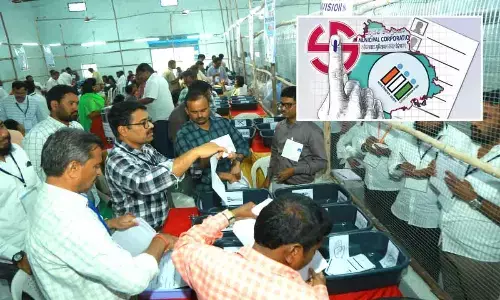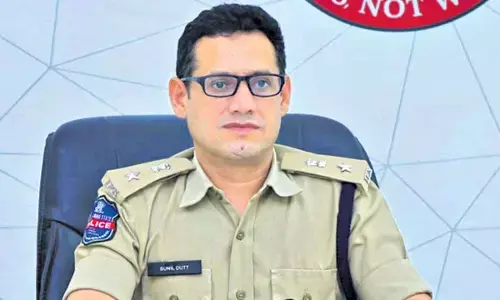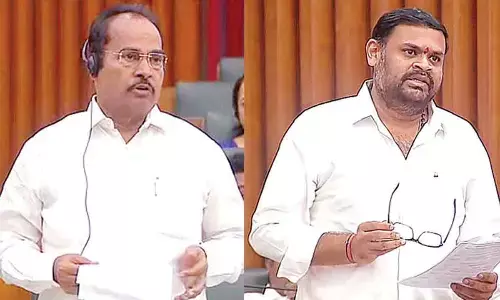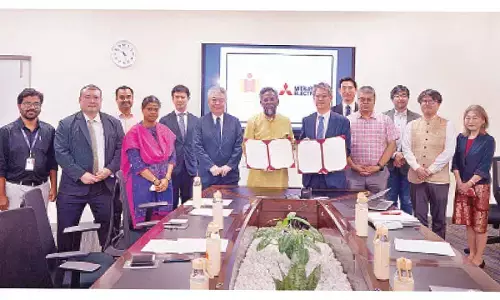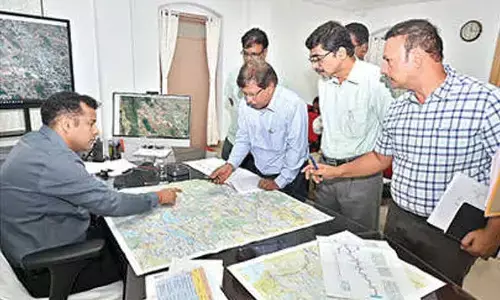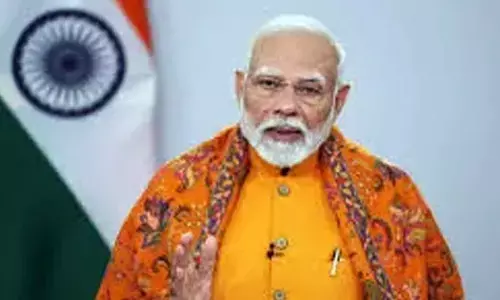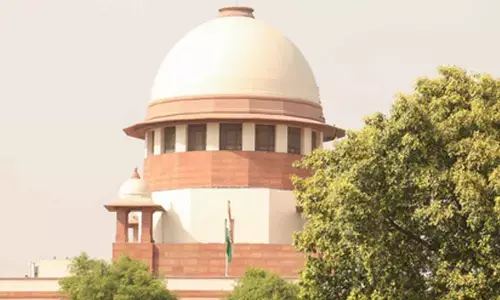Inherited politics of Indian Democracy

Inherited Politics of Indian Democracy. American economists Daron Acemoglu from MIT and James A. Robinson from Harvard in their 2012 book “Why Nations Fail” argue that the main difference between successful nations and those that fail is not luck, not culture, not geography, but institutions.
American economists Daron Acemoglu from MIT and James A. Robinson from Harvard in their 2012 book “Why Nations Fail” argue that the main difference between successful nations and those that fail is not luck, not culture, not geography, but institutions. The economic and political institutions that a country builds and how they maintain them determine the fate of countries across the world.
At present parliament of India is full of relatives more than ever before and 3 out of 10 MPs are from the same family and they are on an average 4.5 times richer than MPs who have no family background in politics. Fathers and sons, Mother and daughters, wives of the politicians, widows, uncles and nephews of the politicians. One may say that India is not new to dynastic politics which has seen dynasties ruling the land for thousands of years, but that was the age of monarchy. India is the only democracy that has a political class dominated by family members who have made a career out of politics.
The Nehru-Gandhi family dominates this list, with two of its members in the BJP. Then we have Karunanidhi and his family in Tamil Nadu, the Pilots and Mirdhas in Rajasthan, the Chavans, the Thackerays, the Pawars and Sules in Maharashtra, Abdullas in Jammu Kashmir, Bahugunas, the Yadavs, Charan Singh family in UP, the Badals in Punjab, Das Munshis in Bengal, Deve Gowda’s kin in Karnataka, Patnaiks and Sathpathys in Orissa, Mishras in Bihar, the Scindias and the Rajes, who are related, but have sworn allegiance to rival political parties – when you think about the list, it is endless, but the point is conveyed.
Over the years, many young faces from political families have entered the parliament with free ticket to Politics – Rahul Gandhi, Rajeev Gandhi, Priyanka Gandhi, Uddhav Thackeray, Raj Thackeray, Sameer Bhujbal, Nilesh Rane, Milind Deora, Priya Dutt, Varun Gandhi, Jyoti Mirdha, Deependra Hooda, to name a few. At present, 27 Members of parliament in Lok Sabha belong to political families proving my point that Indian politics has become a family affair, where parliamentary seats are heirlooms to be passed on.
Of the 545 MPs, two-thirds of those under the age of 40 already had a close relative (Usually the father or the mother) in politics. A shocking 100% of Indian MPs under the age of 30 are all related. Although BJP and the Left parties were reasonably meritocratic, nine out of 10 Congress MPs under the age of 40 were hereditary politicians. Hereditary MPs are on an average 4.5 times richer than MPs who have no family background in politics. Hyper-hereditary MPs (those with multiple family connections) are almost twice as wealthy as Hereditary MPs, making them the richest parliamentarians of all. Some of the hyper-hereditary MPs include Naveen Jindal, Varun Gandhi, Sachin Pilot, Rahul Gandhi and Sandeep Dikshit.
In Andhra Pradesh we have the YSR camp, NTR family, KCR family, Aanam family from Nellore, Vengal Rao family, Vijay Bhakar Reddy family, Kiran Kumar Reddy family etc. There are many people in the queue like sons and daughters of Erram Naidu from Srikakulam, Srinivas from Nizamabad, Kanna Laxminarayana from Guntur, Yethiraja Rao from Warangal and the list is again endless with many more aspiring to enter in 2014 elections.
Grass root Leaders and young leaders with no patronage matter little, and given the huge money and muscle power involved in elections, non-family upstarts can only dream of power from the sidelines. All this has reduced politics of India to a kind of family business where merit is not valued and there are no opportunities for common man.
The only other democracy that one can think has a dynasty political system – if one even wishes to call it that was when George W Bush became president of the United States eight years after his father, George HW Bush. Under his presidency, the United States went through one of the worst recessions since the Great Depression.
Coming back to India, when you think of it, the political class is called the Political Class because the class is just another business. This family business is going on because they make good money during their tenure and can easily spend some to get seats for their children and such a political paradigm is not healthy for India's future and it should be curbed at the earliest.
Present parliament might as well be called a House with most members coming in as family combos. According to some studies the countries which have dynastic incumbents also have a higher incidence of poverty, suggesting a link between economic inequality and political structure. Today it is the Nehru-Gandhi family and few others and it could be many more tomorrow. Unless we change our mindsets, dynasty politics will continue for many years. It may be naïve to expect that a nation of just 60 odd years by just proclaiming a constitution and a democratic state, the feudal character of a traditional society will be done away within a few years.
A new electoral class comprising young, educated Indians, the ever widening scope of the media, an increasingly mature Election Commission etc will help the Indian democracy deepen its roots further in days to come and reduce influence of dynastic politics. There may be new people entering in 2014 elections with messages to change society and someone may become a messiah of reforms to many people but the fact of the matter is India put an end to dynastic politics which has gripped the country in its dirty hands but it is the voter to decide who is who.
The author as Director (Agriculture Management) at Centre for Good Governance advises on agriculture governance issues
The opinions expressed in this article are those of the author and do not necessarily reflect the views of our organisation.
Next Story


